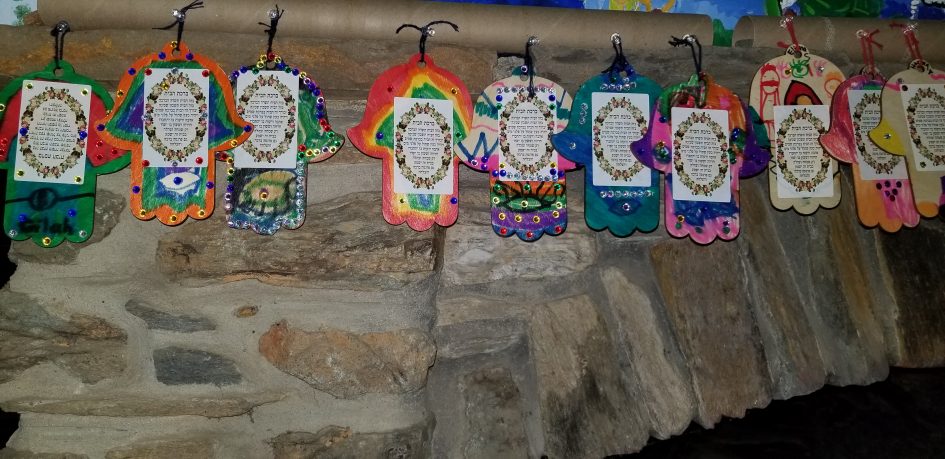D’var Torah: Parshat Tazria-Metzora – From Isolation to Healing

The double parsha read this Shabbat, Tazria-Metzora, includes guidelines for the ritual purification of women after childbirth, for lepers suffering from the terrible skin disease, and for those who have had contact with bodily discharges. Yuck! I still remember one of my first Bat Mitzvah students coming into my office horrified after first reading what “her” Bat Mitzvah parsha covered. Many of these purification rituals seem quite alien to us thousands of years later.
In particular, one of the directives we read in Tazria has always disturbed me. Upon examination and confirmation that an individual Israelite suffers from a skin ailment, the priest must isolate the afflicted for at least seven days and often longer. How could our tradition, which seems to frequently emphasize the power and importance of community, ostracize one of their own? I realize that in Biblical times, these disorders were considered impurities, not simply an illness, but this seems counterintuitive to many of our other Jewish middot (values). How can you isolate those who are suffering?
In re-reading the parsha, though, I discovered that I was focused on only the first part of the process. Yes, initially the Kohein (priest) dutifully separates the afflicted, but a large segment of the text details how the Kohein re-examines and re-evaluates the outcast with the goal of bringing the person back into the community. Eventually, the priest offers sacrifices designed to bring those initially deemed ritually impure back to a state of ritual purity. Rabbi Rick Jacobs submits, “the main move in Tazria-Metzora isn’t to cast out, but to bring back in, and to purify those who have been through a difficult and isolating illness, to figure out how ritually to make them feel whole.”
Never before in our lifetimes have we witnessed the kind of isolation and separation we are experiencing now during this extraordinary pandemic. And while my family and I – and many of you, I assume – have distanced ourselves from our friends, family and communities in a very challenging and difficult way, there are those in our midst who are suffering from a separation far worse than the social distancing my family and I are experiencing. I pray for the ill who must fight this virus without those closest to them at their bedsides. I am indebted to the medical professionals who can’t be with their families for fear of infecting them. I weep for the mourners who don’t have the comfort of family and friends to ease their sorrow. That is the separation – like the separation of the impure, afflicted Israelites – that truly troubles me at this time.
But the message I want to grab onto at this most difficult moment is our ability – like the priest’s – to make our society whole again when we are able to reemerge. It may be a belated visit or coffee date with a friend who is in mourning. Perhaps some of us will be in a position to share resources or make connections for those struggling to get back on their feet financially. We should consider an extra gift of tzedakah or an act of gratitude to those who are working on the front lines.
I hope the day will come soon when we can leave our houses and resume our routines (and start camp!), but perhaps at that moment, we will each have an extra responsibility to be healers, to continue to repair the brokenness in our midst, and to bring wholeness and peace back into our world. Shabbat Shalom.